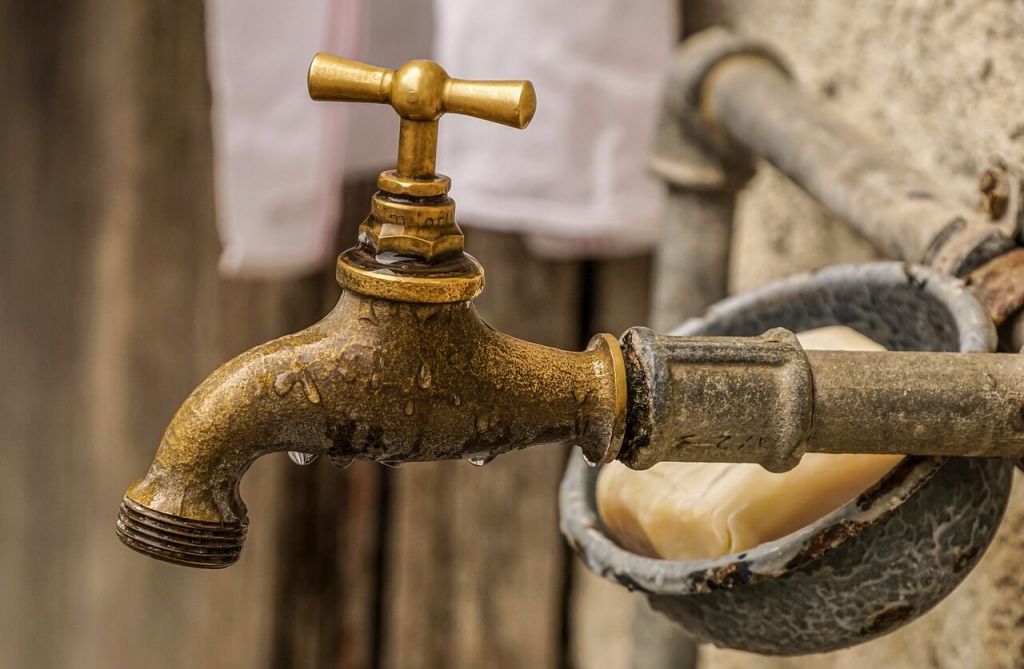
Guwahati, Jan 24: Assam is lagging behind most of the Northeast states regarding providing tap water supply to rural households under the Jal Jeevan Mission. Only Manipur is lagging behind Assam in the Northeast region.
As per data available with the Jal Jeevan Mission, among the states of the region, Arunachal Pradesh and Mizoram have already achieved the 100 percent target, while Nagaland, Sikkim, Tripura, and Meghalaya are also ahead of Assam in achieving the target. As per the report, so far, Assam has achieved 81.32 percent of the target.
The state managed to complete the supply of water to 11,352 villages, and work is in progress in 11,759 villages. However, work is yet to start in 376 villages. So far, more than Rs 27 crore has been spent in Assam under the scheme.
Sources said that as India celebrates its 76th Republic Day, it's a time to reflect on initiatives that embody the principles of equity, inclusion, and development enshrined in the nation's founding framework. Among these, the Jal Jeevan Mission stands out as a transformative force, delivering clean drinking water to millions of households.
Prime Minister Narendra Modi has consistently emphasised the significance of the Jal Jeevan Mission (JJM) in enhancing access to clean drinking water across rural India. Commenting on Assam, sources said that in the state, this mission has been a game-changer, weaving stories of resilience and progress into the fabric of its rural communities.
This Republic Day holds special significance as 178 water warriors from across the country have been invited as special guests to honour their remarkable contributions. Among them, 10 water warriors from Assam have been recognised for their exceptional efforts in advancing the Jal Jeevan Mission.
In the village of Upahupara in Darrang, the struggle to access clean drinking water was a daily reality. Before the implementation of the Jal Jeevan Mission, the community relied on tube wells and local ponds, many of which contained contaminated water, leading to waterborne diseases like cholera, typhoid, and gastrointestinal disorders.
The installation of the Piped Water Supply Scheme (PWSS) under JJM transformed the village. Led by the Upahupara Water Users' Committee (WUC), Functional Household Tap Connections (FHTCs) were installed, providing clean, safe drinking water to every home.
This improved health conditions, reduced the time spent fetching water, especially for women and children, and allowed villagers to focus more on agriculture, boosting the local economy."
JJM has triggered economic benefits by maintaining good health and increasing the provision of time for agricultural works due to the availability of running water facilities to households and saving time and engaging themselves in different works for management in different fields," said the President of the Upahupara WUC.In Chetia Katoni, Sivasagar district, the Jal Jeevan Mission has been life-changing.
Before JJM, villagers relied on contaminated ponds, and women and children walked miles for water. Now, with tap connections in every household, the village has access to clean drinking water.Dipankar Dehingia, Secretary of the New Rojabari PWSS, played a key role in transforming Chetia Katoni with the help of JJM, providing reliable access to clean water.
This has improved health, sanitation, and quality of life. Women now have more time for education, health, and income-generating activities, while farmers benefit from consistent irrigation, boosting agricultural productivity.
These stories from Assam showcase the Jal Jeevan Mission's profound impact on rural lives. As India celebrates Republic Day, Upahupara and Chetia Katoni stand as shining examples of how empowered communities can drive lasting change in achieving clean water access.
By-
R Dutta Choudhury